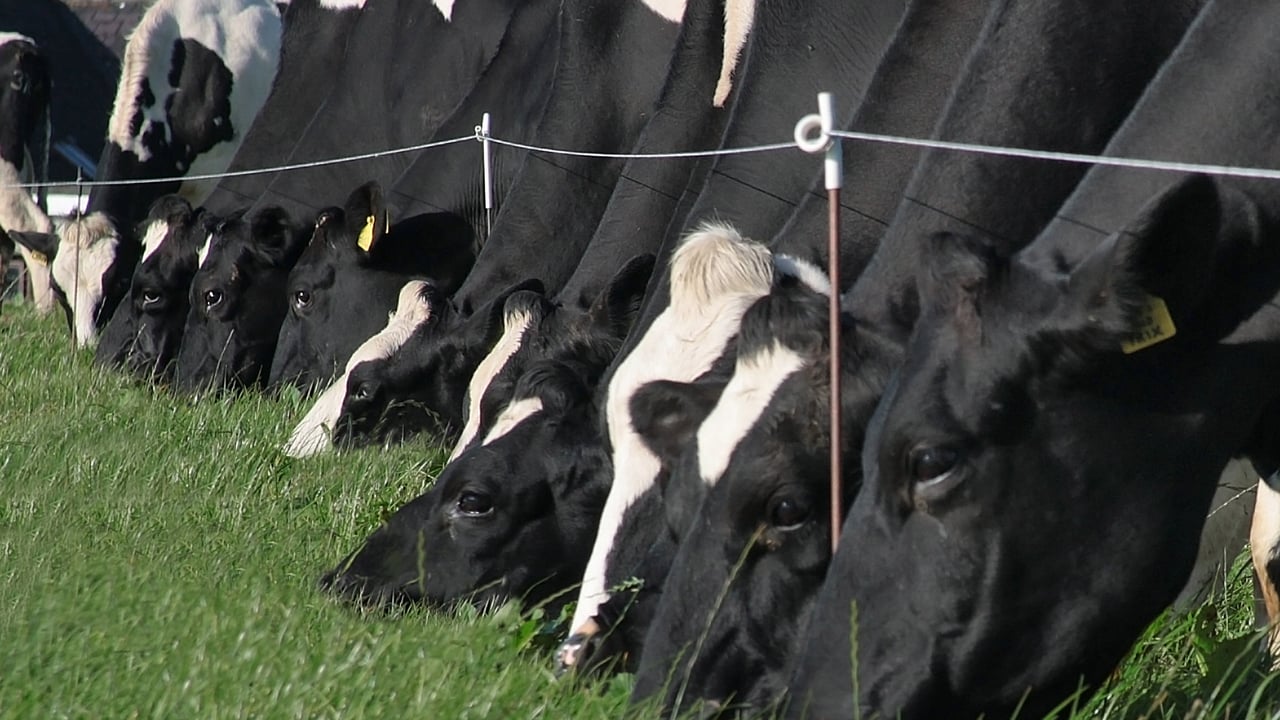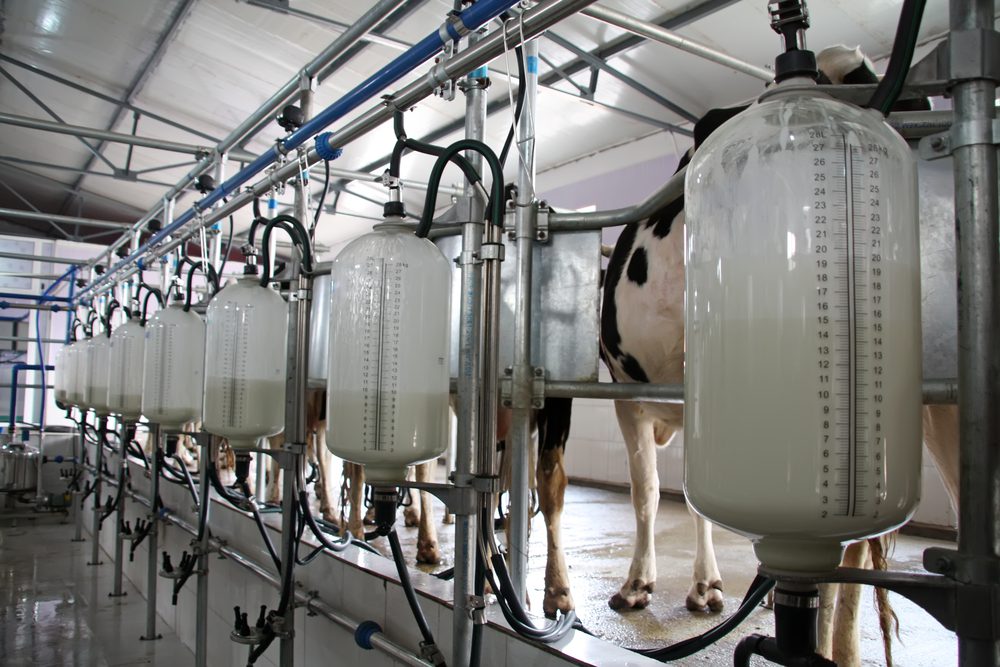Ornua: Global milk collections increased by 1.7% in May
Global milk collections increased by 1.7% in May, driven by growth in the US and Europe, according to a new report from Ornua.
The latest Ornua Global Dairy Market Report outlined that while the global milk supply outlook has improved, flows are "unlikely to be a major burden".
Milk flows across the EU grew by 1.2% in April and a further 0.3% in May due to increases in France, Poland, and Ireland.
In Ireland, flows rose sharply in March and April,and by a further 6.8% in May, albeit from a low base.
The annual forecast for the 27 EU member states has been revised up. However, the report states that growth expectations are modest and may be impacted by factors such as weather or animal health issues.
In the UK, flows have been strong with output lifting by 6.5% in April and 5.8% in May.
In the US, milk collections grew by 1.6% in May, with Ornua noting that supply is "stronger when adjusted for solids".
In May, US milk collections increased for the fifth consecutive month, which is linked to yield per cow and higher cow numbers.
The report also stated that "output should continue expanding".
In New Zealand, milk flows were up 8.3% in May against a low base and with peak season now passed. Annual collections in the country are likely to be similar to 2024.
The report outlined that milk supplies continue to contract in China, but there are some signs of stability.
Ornua said that the global outlook has improved with annual output likely to expand by 1%, largely driven by growth in the US.
The report outlined that "market activity increased through quarter two and sentiment has generally been positive".
Ornua said that buyers remain engaged, but interest eased recently, which is "not unusual during the summer months". Most European and New Zealand prices are lower compared to last month.
However, Ornua noted that most European commodities now command "a significant premium".
"Against a backdrop of an uncertain global trade environment, this could dampen demand later in the year," the report said.






